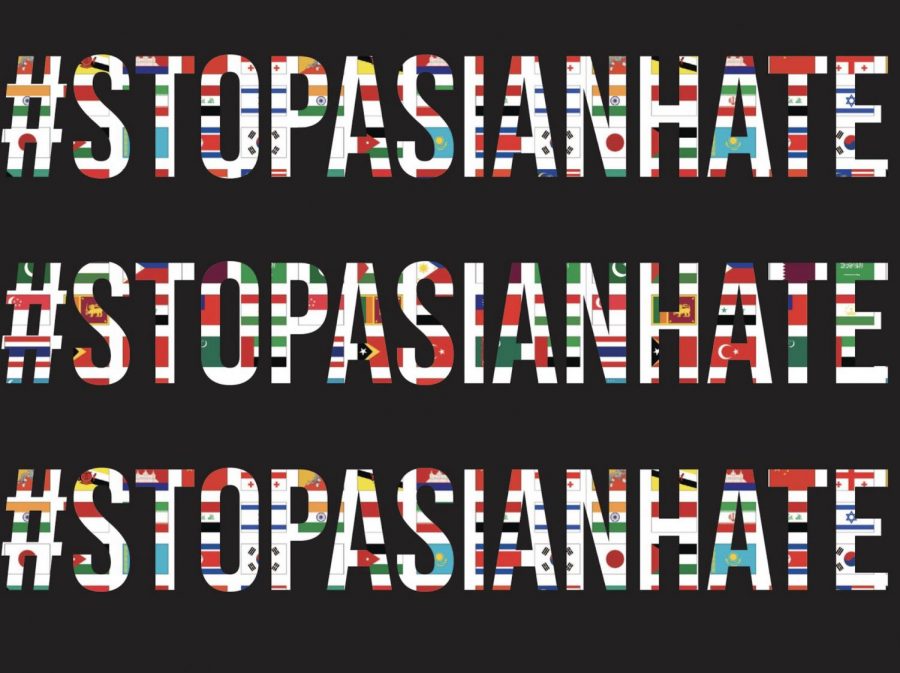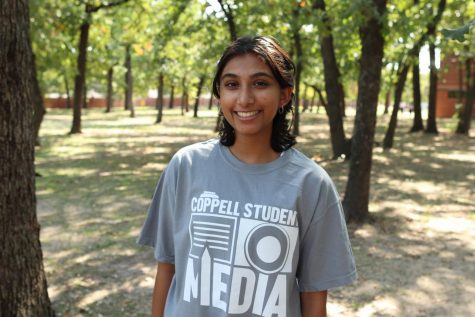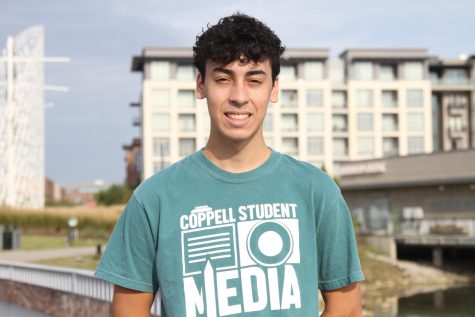Opinion: Atlanta spa shooting brings to light intersection between race, gender, class
On March 16, a series of mass shootings took place at three spas in Atlanta, in which eight people were killed, six of which were Asian women. These recent events have put a spotlight on discrimination towards the Asian community.
April 12, 2021
On March 16, the heart-shattering Atlanta spa shootings transpired at Youngs Asian Massage, Gold Spa and Aromatherapy Spa in Cherokee County. Eight people died, six of them being Asian women.
Factors such as race, gender and class should all be called into question.
From the Chinese Exclusion Act that prevented immigration entirely based on race to the Executive Order 9066 that disproportionately placed Japanese people in inland internment camps, Asians have experienced harsh treatments that reflect poorly on America as a whole.
Unfortunately, Asian hate is alive.
“I have one Asian friend who is going to Atlanta, and we were talking about [the shooting] and how there are a bunch of these attacks on Asian people.” said Coppell High School senior Bella Null, who is half Chinese. “He kind of laughed it off, but it made me really worried and scared to think they could be exposed to things like that because all my friends are going to be alone and more vulnerable.”
Racism is a shape-shifting parasite slowly destroying America and the world. Most of the time it tries to stay concealed in the form of microaggressions, which are everyday subtle, intentional or unintentional, behaviors that convey bias against marginalized groups. However, when acts of blatant Asian hate take place, it should be everyone’s job to call it out and take action against it. Since the pandemic, there has been a spike in violence against the Asian community, but with that, it has called attention to a century-long issue.
“I’m angry because a lot of those incidents happened to older Asians,” CHS AP and honors Chinese teacher Andrea Voelker said. “Since my mother is also old, I think about her walking on the street and getting attacked which makes me worried. I have no good words for them because they pick on the weak.”
To better understand the social and economic factors that influence the bias within these hate crimes, we first need to do a better job at distinguishing specific ethnicities and cultures within the Asian community. Convenience and ignorance can no longer be an excuse for placing all Asians in a monolithic group.
Not all Asians deal with the same struggles, which is why ideas like the model minority myth, that group all Asians together, are detrimental. It exclusively assumes all Asians are high achieving individuals but conveniently ignores those who are disadvantaged and erases their struggles.
If we look at racism and sexism as two parallel factors then it would ignore the hypersexualization that uniquely Asian women face because of commonly portrayed Asian women stereotypes, such as being subservient. According to witnesses, the shooter confessed to the officers that he wanted to “eliminate” a “temptation.”
“Once I was trying on a traditional Chinese dress that my friend got me, and this guy was being really weird and making these weird comments,” Null said. “I also remember in middle school, this guy had this goal of ‘getting with’ every Asian girl possible; he had a list and everything. I remember him asking me about my race and making uncomfortable comments about assuming I’m going to act a certain way. [Men and boys] expect Asian girls to be very submissive.”
By referring to women as “temptations,” you take away their individuality and reduce them to reproductive organs. The shooter is also blaming the women instead of taking any sort of accountability for his problem. As America begins to acknowledge the intersection of racism and sexism, we begin to see history unfold in the present.
Since the Atlanta spa shooting took place in a series of businesses, it’s crucial to wonder if the act was driven by class. Seven out of the eight victims were employees who were part of the working class. This highlights the vulnerability that working-class Asian women in our country struggle with.
“Like many Asian Americans, my parents have a small, independent business [a donut shop] that they created when they came to America,” CHS9 English teacher Joy Han said. “I was reading about one of the women who was killed in the shooting from her son’s Instagram. His mom [Hyun Jung Grant] was an immigrant from [South] Korea and a single mom, raising and supporting her kids, which really hit me hard because my mom was also an immigrant from Korea and a single mom trying to raise me while trying to make a living. Thinking about how that could have been someone like my mom was pretty devastating to me.”
Besides donating or shopping at Asian-owned businesses, it is important to take action against hate crimes and violence, amplify and support Asian voices and call out microaggressions or racism on a day-to-day basis. We need each incident like this to have similar media coverage and be seen as urgent and critical.
Racial, social and economic factors are a part of Asian diversity. By not recognising their intersectionality, we ignore the specific problems that working class Asian women face. Though events like these are tragic, when they happen, it’s important to understand the multi-layered bigotry and discrimination that are behind them. Acknowledgement and understanding is how we can prevent hateful acts against Asian Americans in the future.
Follow Sapna (@sapnaamin7) and @CHSCampusNews on Twitter.












